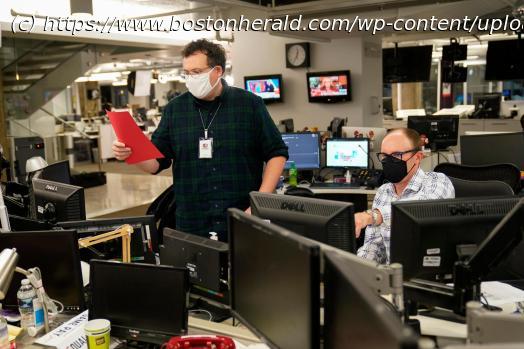In most races, the winners can be identified long before the statutory deadline specified in state law. The Associated Press calls races as soon as the winners can be determined, filling what can be a critical information void after Election Day.
It’s election night, the polls have closed and chances are you’re waiting on The Associated Press or one of the major television networks to say who will be the next president. But why does the news media play that role in the first place? Shouldn’t that be the government’s job?
State and local governments do run and administer American elections, including the race for president. They are responsible for counting the votes and maintaining the official record of who won and by how much.
But the official process — from poll close to final certification — can take the states anywhere from several days to more than a month. In the race for the White House, it’s not until early January that the formal process of picking the president via the Electoral College is complete. No federal agency or election commission provides updates to the public in the meantime about what’s happening with their votes.
“That’s a gap in the Constitution left by the founders that AP stepped in to fill just two years after our company was founded,” said David Scott, a vice president at AP who oversees the news agency’s election operations. “It was essential then, as it is today, that Americans have an independent, non-partisan source for the whole picture of the election — most critically of the very vital news of who has won the election.”A brief history of race calls
The AP was formed in 1846 as a newspaper cooperative. It tabulated election results for the first time two years later, when Zachary Taylor won the presidential election as a member of the Whig Party. The effort to gather the results from jurisdictions across the still-young nation relied on the telegraph, lasted 72 hours and had a then-exorbitant cost of $1,000.






